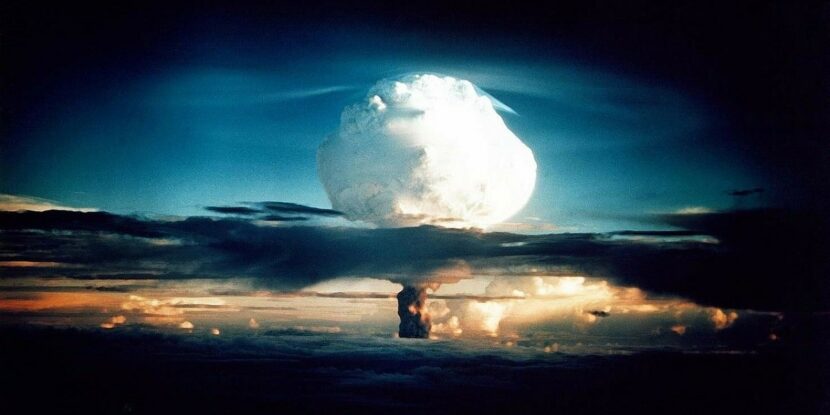Today is a pretty normal Thursday in America for 2017. There’s some intense negotiating going on in Congress, some political speculation fueled by a Politico article, and some snow on the ground in many places. Just what you’d expect for a December weekday.
But if you go on Reddit (which I don’t recommend, since it can be a seedy place), you’d think December 14, 2017 was the apocalypse or Y2K all over again. Tomorrow, we are going to wake up in a barren wasteland where people die as CEOs get rich. Why, you ask? The neckbearded geeks on sites like Reddit and 4chan are in full-scale panic over the repeal of net neutrality regulations enacted in 2015 by the Obama administration.
Although it’s a somewhat complex issue, here are the basics: Since coming into popular use in the 1990s, the internet has been basically unregulated by the federal government. Tech companies have been free to invest and innovate as they — and their customers — see fit. As a result, internet speeds have multiplied exponentially, and virtually everything from cell phones to cars to refrigerators are now connected online in some way. The internet has revolutionized 21st-century society.
But in 2015, bureaucrats in the Obama administration voted to classify the internet as a public utility and subject it to regulations created during the Great Depression for water companies and landline telephone providers. The principle behind net neutrality is that all internet traffic should be treated the same, whether it’s a high-definition Netflix stream requiring lots of bandwidth or an old blog that requiring very little.
Defenders of net neutrality argue that without these regulations, internet service providers (ISPs) would decide to charge customers extra based on what they use. They might demand $5 more per month in order to access Facebook, or slow down users’ YouTube streams unless they pay up.
The problem is that this doomsday scenario hasn’t actually happened. There are some isolated incidents of certain ISPs trying to do such things, but these were temporary and the uproar from their customers was so great that they stopped almost immediately.
Another argument for net neutrality is that monopolies are limiting consumer choice — many of us only have one internet service provider in our area. But this has nothing to do with net neutrality; it has everything to do with regulations enforced by state and local governments so burdensome that only big companies like Comcast and Google can afford to invest in those areas.
The problem with net neutrality is that it creates an entangled web of outdated regulations that stifle innovation. It makes it so only big companies like, again, Comcast and Google can afford to navigate such regulations. It puts smaller companies at a disadvantage and makes it harder to roll out new features or update infrastructure.
However, the best argument against net neutrality is that there is such a fierce movement for it. The net neutrality supporters like those on Reddit have viciously attacked any company or person that dares oppose it, often causing them to change course. That’s the power of the free market. The moment an ISP tries to throttle (slow down) their customers’ internet service unless they pay up, a wave of fury will be unleashed forcing that ISP to retreat.
Still skeptical? Just look at the horrific and vile things that are being hurled at FCC Chairman Ajit Pai, who has spearheaded the charge to repeal net neutrality regulations. He’s faced death threats, dealt with protests at his home with his wife and children inside, and had some of the most disgusting things you can imagine said about him. Do you think any CEO of a company like Comcast or AT&T wants to deal with that in order to throttle their customers’ internet? I think not.
So relax. Today is not Y2K, nor some sort of Nostradamus scenario. The internet will go on, companies will be freer to invest and innovate, and if ISPs start treating customers unfairly, the market will rise up like it’s supposed to.
For further reading on the subject, I recommend checking out the articles below:
“The Internet didn’t need net neutrality in 2015, and it doesn’t now” – Yael Ossowski, Washington Examiner
“Like Y2K, the Net neutrality crisis is way overhyped” – Hiawatha Bray, Boston Globe


